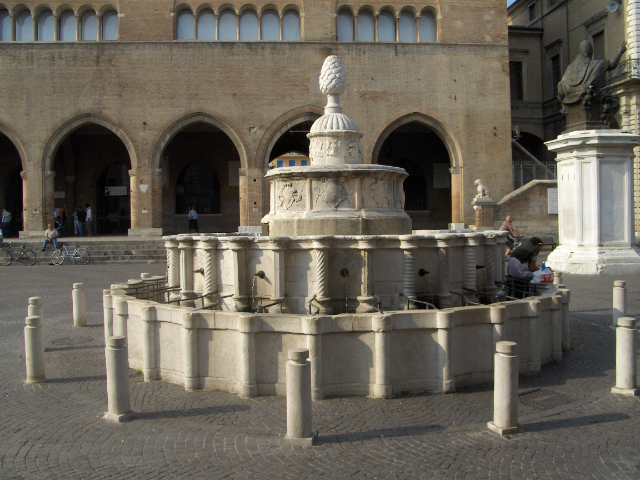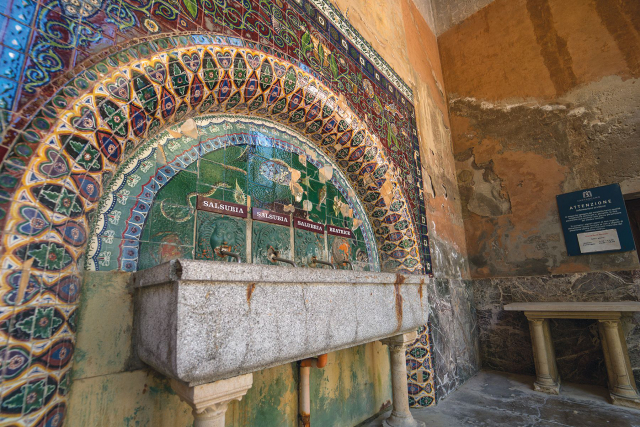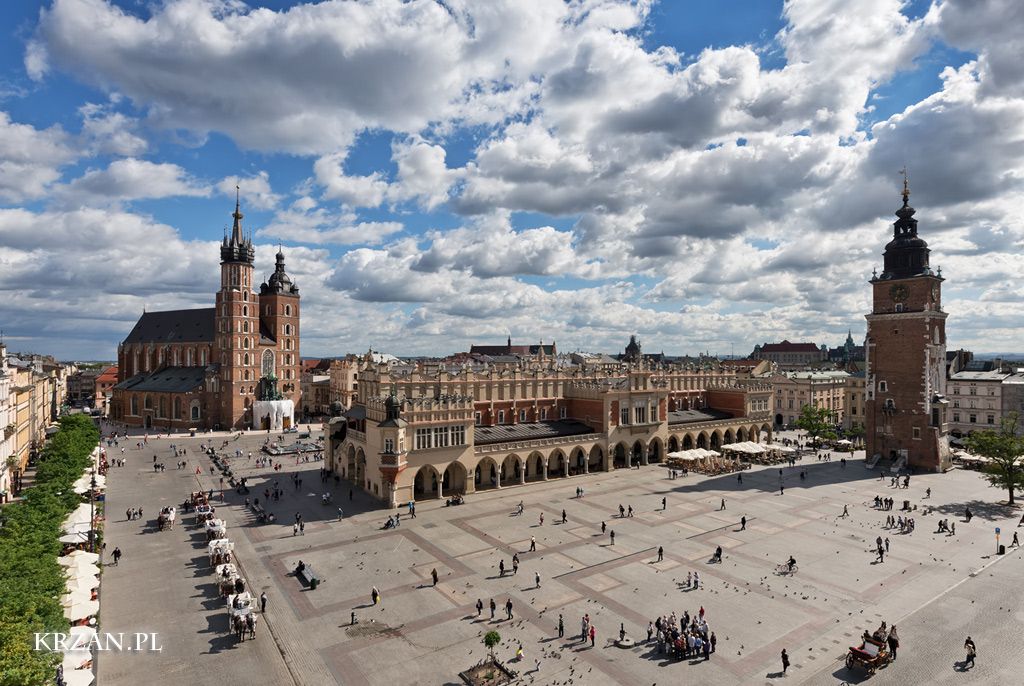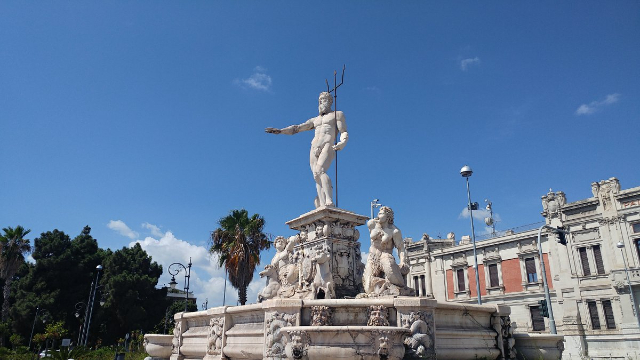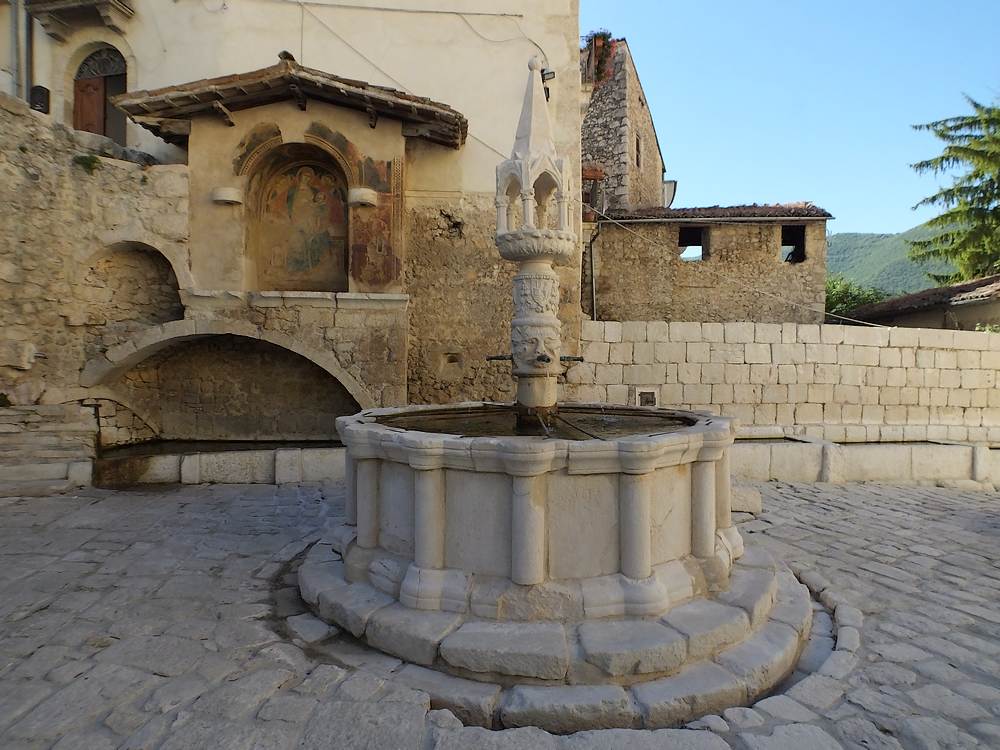This stands with its splendidly circular form beside the statue of Paul V on the square. It was reconstructed by Giovanni Carrara in 1543 as it appears today, which respects the original design.
The drum sustaining the cone is covered with bas-reliefs and dates from Roman times; the marble fountain basins are 15th century. Until 1912, the year in which the public aqueduct was inaugurated, the fountain was the only source of drinking water in the city, and its water is still enjoyed by passers-by.In 1809, the cone replaced a small statue of St. Paul added in 1545 and now on display in the Museo della Città. The beauty and harmony of its plays of water even enchanted Leonardo da Vinci, whose words are engraved on the monument: “Make harmony with the different falls of water, as I saw in the fountain in Rimini”.
Staute of Paul V. This was created as an act of devotion to the Pope, to a model by Nicolas Cordier, in 1611 and recently restored; it was cast in 1613 by Sebastiano Sebastiani, who added the relief of the chair and the mantle. The city of Rimini is portrayed in the back of the throne. At the end of the 18th century, the people of Rimini feared it would be destroyed by Napoleon and decided to cancel the epigraph from the marble pedestal and replace the papal tiara with a bishop’s mitre, transforming Paul V into San Gaudenzo,the patron saint of the city. Although the original dedication was restored to the monument in 1890, people continue to associate the statue with the figure of San Gaudenzo.
